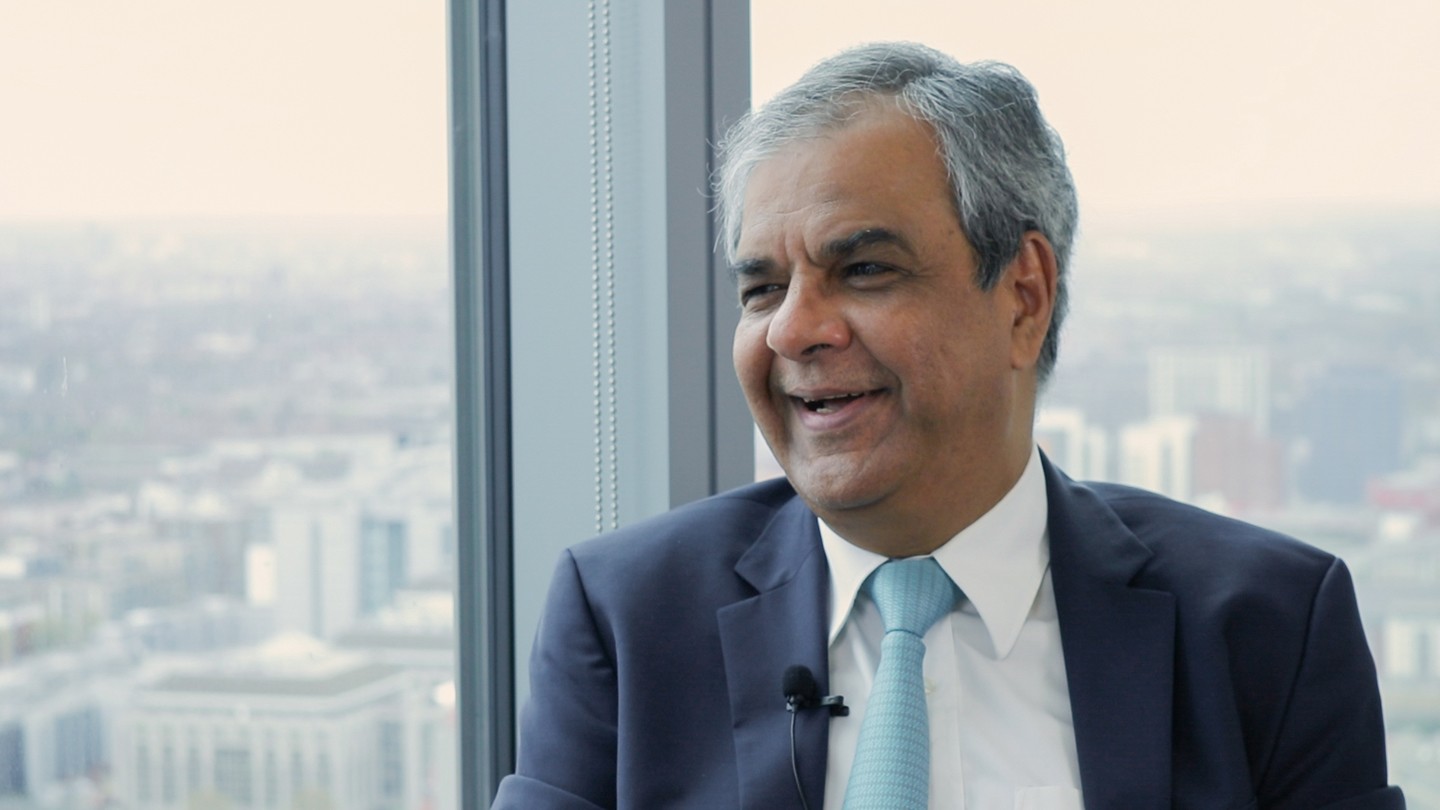
Innovation
Ashok Vaswani: Getting AI right
Ashok Vaswani, Barclays’ Global Head of Consumer Banking and Payments, spoke at London Tech Week and the CogX Festival of Artificial Intelligence and Emerging Technology, outlining how the bank’s AI journey is guided by the “north star” of the customer.
There’s no doubt that technology is disrupting financial services, but in a way that’s a simplification: it’s the consumers that are doing the disrupting. The way that consumers today communicate, work, and consume entertainment means it’s not possible for us to say: “When it comes to banking, forget about that and do it in the old ways.”
Every company spends a lot of money on technology – we certainly do. In fact, I’ve heard that financial services companies, when you add it up, spend more money on technology than technology companies do. I think the real secret is in moving the culture and mindset of the organisation – and that’s where the people question comes in.
Also, technology for the sake of technology is interesting, but technology that has an impact for the customer is what is important. If we can use AI to pick up information that can help us get a better understanding to hyper-personalise – that’s the holy grail.
One of the first things we did, even before we got into the applications of AI, was to put down a charter about how we thought about the ethics of AI. The charter was built around the principles of high levels of transparency and value to the customer. And we needed everything to be comprehensible. If I can’t explain it, we’re not going to offer it.

Ashok Vaswani discussed AI at London Tech Week
I always feel when I’m coming to work in the morning that I’m looking to do the right thing for my customer – and a regulator feels the same thing. They’re looking for the best for the customer too, which means there should be no ray of light between me and the regulator, and shame on me if I haven’t thought of something the regulator has thought about. The customer is the north star – I always ask myself what is right for the customer and then everything else will be taken care of, from the regulations to the financials.
I’ve learnt that technology is too important to be left simply to technologists. Technology is also too important to be a horizontal on the organisational chart. It is clearly a vertical. The whole idea of reputation management being what compliance has to do, making money is what sales and marketing has to do – that’s going away. There’s only one true guide, and that’s the customer. If you’re doing something that adds value to them, it’s valid. If you’re not, it’s a waste of time.
Talking about AI is easy. The hard work takes time. Getting the architecture right, getting the data cleansed, having the standards, the processes, managing multi-cloud environments – even the top experts are saying it’s taking time to figure these things out.
Delivering those insights in such a way as to benefit the customer is a long process and it’s something that needs to be thought through. We’re doing that as a company, knowing that it’s better to take measured steps rather than make mistakes and have to redo everything.
The first step is always to define what’s most important for the customer. Then, the most important thing is figuring out the ethical elements of AI – putting down and evaluating a charter which serves as the guardrails for our AI processes. After that, the most important aspect is culture, and how we get our business leaders to really start thinking about what needs to change in the applicability of AI.
From there, you set up the data processes and standards, where you store, where you compute – all the time thinking about customer privacy and security. It goes from customers to guidelines to culture to technology. Unfortunately, most technology companies start the other way around. They go from tech or data up, with customers at the endpoint.
That needs to change. And we are early on in this game, but this is an area where the weakest link could define what happens. So, the opportunity for all of us to think about this together – with ethical charters and working out how we won’t use AI – is critically important.